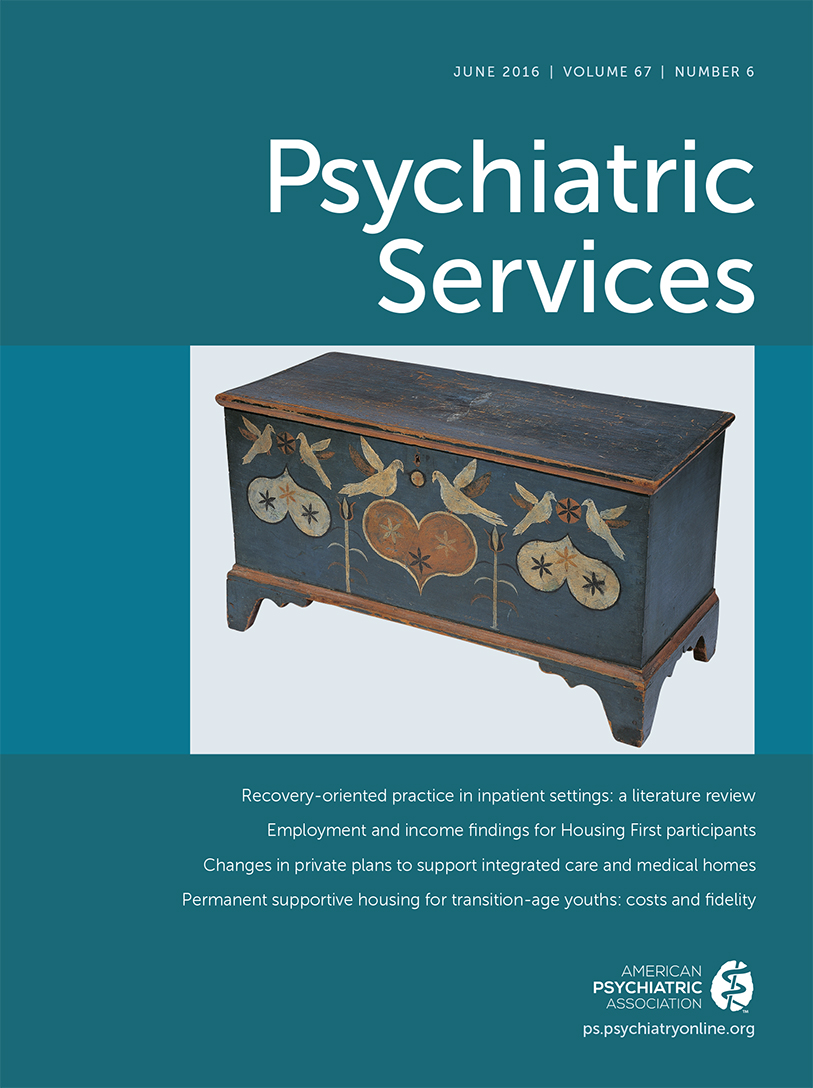Reasons for Patient Nonattendance During Acute Partial Hospitalization
Abstract
Objective:
This study explored predictors and consequences of nonattendance of a brief, five-day partial hospital program (PHP).
Methods:
Patients (N=675; N=744 admissions) who did not attend every day of a PHP, with or without prior excuses, were considered nonattenders and were compared with patients with no missed days on clinical and demographic variables collected from their medical records. Their psychiatrists’ conclusions regarding reasons for nonattendance were also collected.
Results:
Nonattendance occurred in 22% of admissions (7% of patient-days) and was associated with disability, lower income, attending a program for more impaired patients, less education, more previous treatment episodes at the affiliated hospital, and co-occurring or past substance use disorders. Reasons for nonattendance were mostly related to physical or psychiatric symptoms or crucial medical appointments. Nonattendance was associated with dropping out and 30-day readmission.
Conclusions:
PHP nonattendance occurred frequently; was associated with disability, ongoing symptoms, high utilization, and substance use disorders; and was predictive of dropout and readmission.



